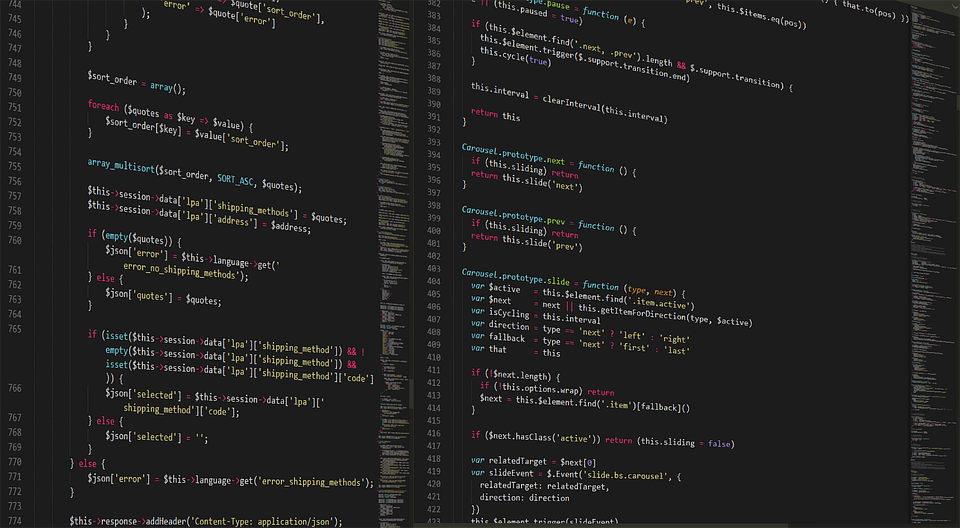In a world where logic and reason are often revered as the ultimate tools for decision-making, it’s easy to overlook the vast potential of intuitive intelligence. Intuition, often dismissed as a “gut feeling” or a mere hunch, is a powerful force that can guide us towards innovative solutions, creative breakthroughs, and a deeper understanding of ourselves and the world around us.
What is Intuitive Intelligence?
Intuitive intelligence refers to the ability to acquire knowledge or insight without conscious reasoning or deliberate thought. It’s the capacity to tap into our subconscious mind, where patterns, connections, and meanings are processed and stored. Intuitive intelligence is not limited to rational analysis or logical deduction, but rather, it’s a holistic and integrative process that incorporates emotions, sensations, and instincts.
The Science Behind Intuitive Intelligence
Research in neuroscience and psychology has shown that intuitive intelligence is closely linked to the functioning of the brain’s default mode network (DMN). The DMN is a set of brain regions that are active when we’re not focused on the external world, but rather, engaged in internal mental activities such as mind-wandering, daydreaming, or recalling memories. The DMN is responsible for generating intuitive insights, creative ideas, and novel solutions.
Studies have also demonstrated that intuitive intelligence is associated with increased activity in the brain’s right hemisphere, which is involved in processing patterns, recognizing relationships, and perceiving the big picture. Additionally, intuitive intelligence has been linked to the release of neurotransmitters such as dopamine and serotonin, which play a crucial role in regulating mood, motivation, and creativity.
Benefits of Tapping into Intuitive Intelligence
By cultivating intuitive intelligence, individuals can experience a wide range of benefits, including:
- Enhanced creativity and innovation: Intuitive intelligence can help us generate novel solutions, think outside the box, and explore new possibilities.
- Improved decision-making: Intuition can guide us towards making more informed decisions, even in the face of uncertainty or incomplete information.
- Increased empathy and understanding: Intuitive intelligence can help us better understand others, recognize patterns in human behavior, and develop more effective relationships.
- Greater self-awareness: By tapping into our subconscious mind, we can gain a deeper understanding of our own thoughts, emotions, and motivations.
Practical Ways to Develop Intuitive Intelligence
So, how can we cultivate intuitive intelligence and tap into its potential? Here are some practical strategies:
- Meditation and mindfulness: Regular meditation practice can help calm the mind, focus attention, and increase awareness of our thoughts, emotions, and physical sensations.
- Journaling and reflection: Writing down our thoughts, feelings, and insights can help us process our experiences, identify patterns, and develop a greater understanding of ourselves and the world around us.
- Creative expression: Engaging in creative activities such as art, music, or writing can help stimulate our imagination, foster innovative thinking, and tap into our subconscious mind.
- Solo time and self-reflection: Taking time for ourselves, away from the demands and distractions of daily life, can help us recharge, reflect, and connect with our inner selves.
Conclusion
In conclusion, intuitive intelligence is a powerful and untapped potential that lies within each of us. By understanding the science behind intuition, recognizing its benefits, and developing practical strategies to cultivate it, we can unlock new levels of creativity, innovation, and self-awareness. As we move beyond the limitations of logic and reason, we can tap into the vast potential of our subconscious mind, and discover new and exciting possibilities for personal growth, creative expression, and fulfillment.


Leave a Reply